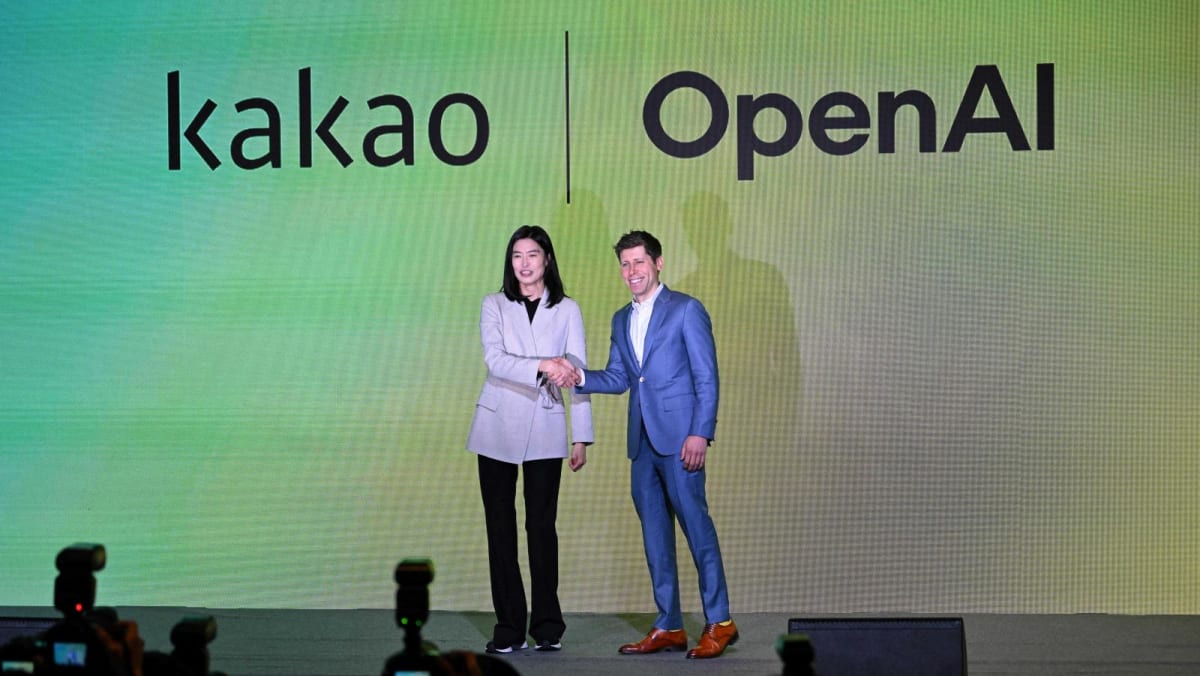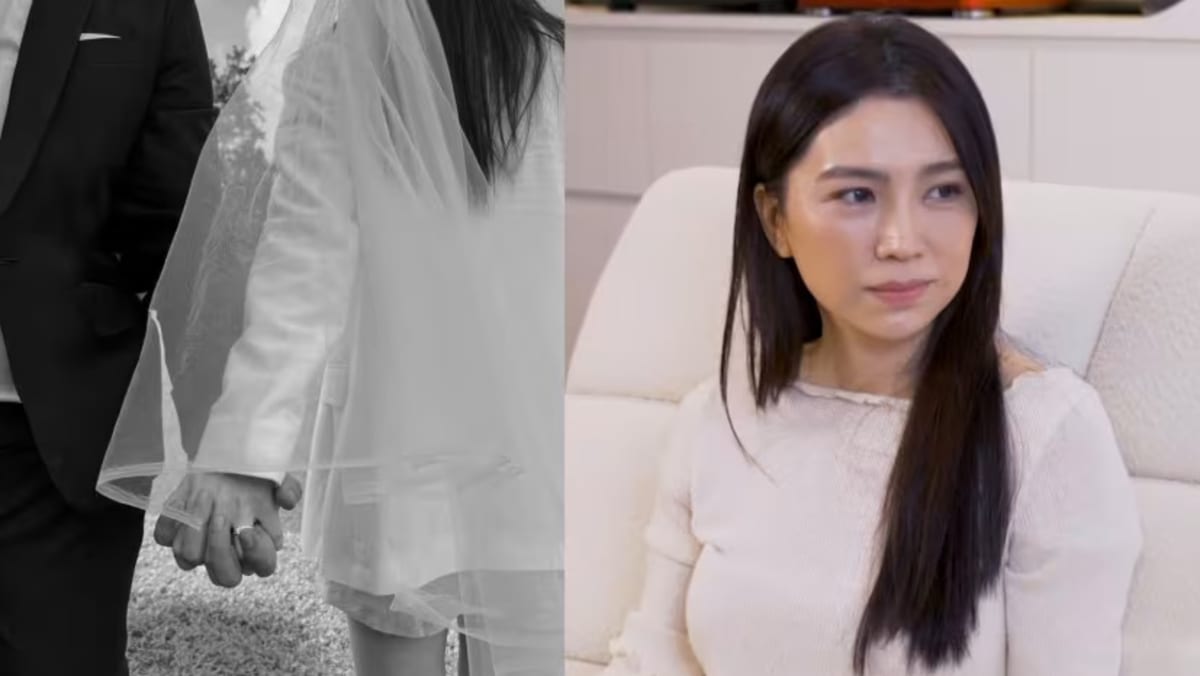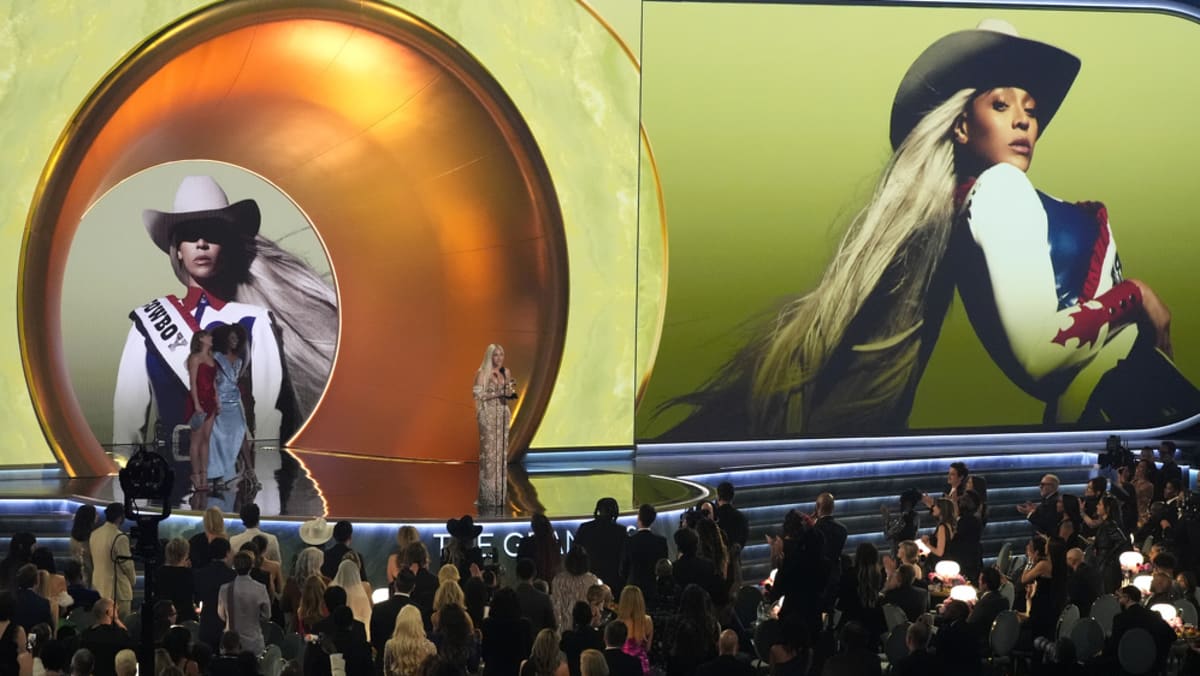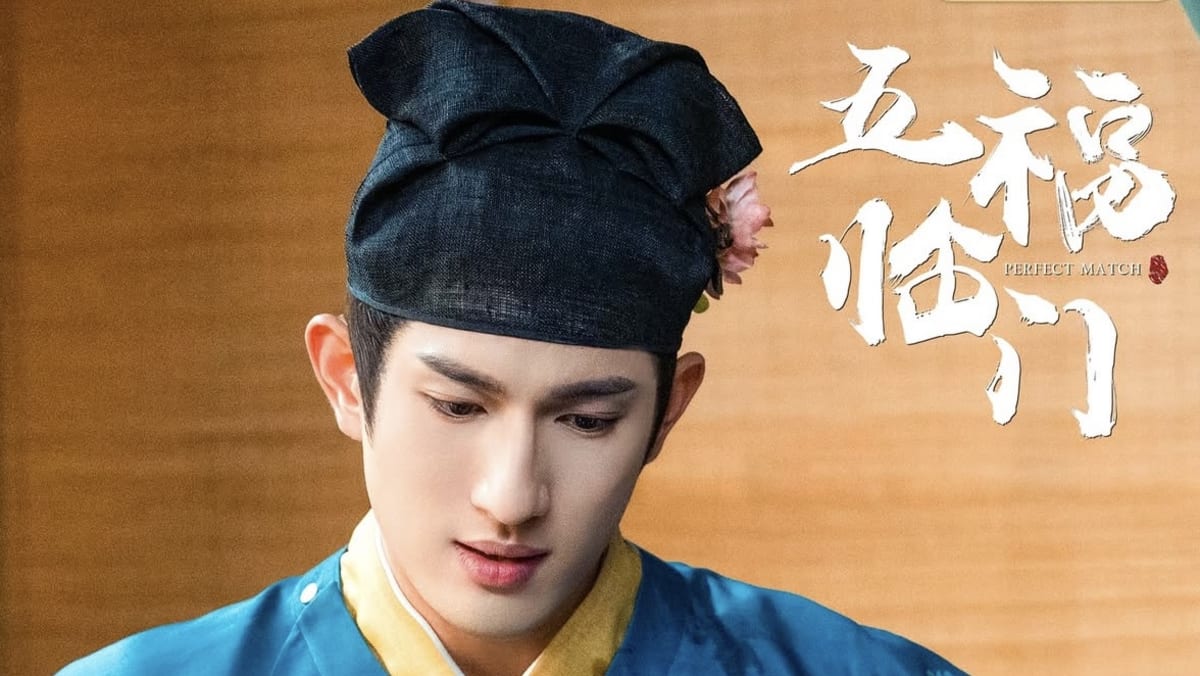Luxury groups have long been affiliated with elite sporting competitions in sailing and tennis, but in recent years have broadened their scope to include more mainstream sports such as football and basketball.
“Vuitton is the go-to luxury brand that does everything for everyone,” says Erwan Rambourg, global head of consumer and retail research at HSBC. “For them to be involved in [F1] — a very visible, high-profile sport where viewership is huge — it makes sense . . . in a way that wouldn’t have made sense for Dior or Chanel or something higher end or edgier. For [Vuitton] to be so open, so democratic, makes a lot of sense.”
In 2019 Louis Vuitton surprised luxury peers when it inked a partnership with online multiplayer video game League of Legends, designing the trophy case and releasing a set of prestige game “skins” for players to dress their avatars in, designed by creative director Nicolas Ghesquiere. Analysts found the move particularly savvy in putting the brand before young would-be customers.
The leather goods maker is also expanding into new — and for luxury, sometimes unconventional — categories, most recently introducing a range of branded chocolates. Prices start at US$30 for a bar of milk chocolate poured into the shapes that comprise the house’s star monogram, joining fragrances and sneakers as products to entice entry-level shoppers.
Beccari also pointed to the luxury behemoth’s pop-up store at 6 East 57th Street in Manhattan, opened late last year as the main flagship undergoes a renovation, as another step in the brand’s cultural evolution. Conceived as a “cafe-cum-library space”, shoppers are invited to read and listen to music and sample snacks executed by Michelin-starred chefs. The pop-up is now one of Vuitton’s top three stores globally by sales.
F1 is also hustling to broaden its appeal. A six-season Netflix documentary series has helped the championship extend its reach beyond superfans, particularly among its 40mn American followers, half of whom started following the sport in the last five years.
“Netflix was the first step in completely changing our communication approach,” says F1 president and chief executive Stefano Domenicali, speaking alongside Vuitton’s Beccari on the video call. “We wanted to shift communication from pure sport to a big entertainment platform. We want to be as socially relevant as Louis Vuitton is.”
Forty per cent of F1 fans are female, up from 32 per cent in 2018, helping attract women-focused brands such as Charlotte Tilbury, now a sponsor of F1 Academy.
The league has faced some criticism for the carbon emissions generated by the tour’s vehicles and international travel schedule. “People say we are polluting the world,” says F1’s Domenicali. “We are incorporating sustainable fuel and will be carbon neutral by 2030.”
“It is not [taken] for granted that the biggest luxury group in the world are interested in us,” he continues. “How many things are on the table for Mr Arnault and Pietro [to choose from]? There is a big expectation for us to perform.”
Lauren Indvik © 2025 The Financial Times.
This article originally appeared in The Financial Times.














